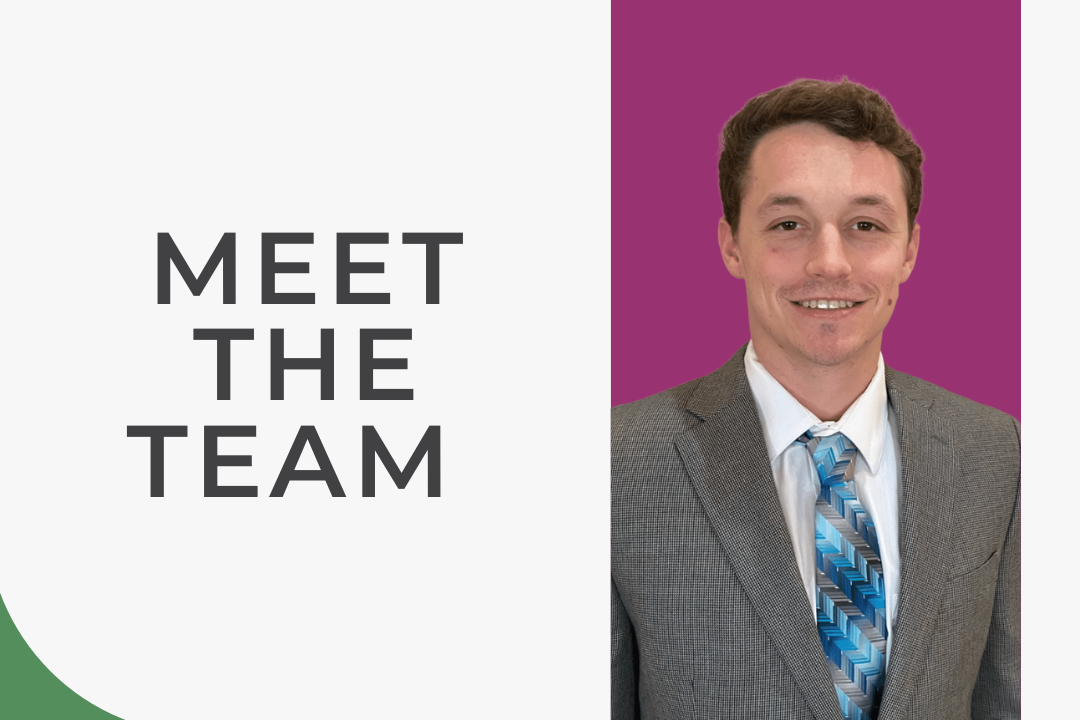General Contractors know it all too well: In 2023, construction labor demand has far outstripped supply. The latest data from CBRE shows that the construction labor force has shrunk over the last year, while unemployment continues to rise. This in spite of construction wages actually increasing 9% since late 2020.
Subcontractors are struggling to meet the needs of their GC customers, and cashflow has a lot to do with it – subs cannot bring more labor and other resources to bear on the GC’s jobs, because too much of their cash is tied up in working capital, specifically accounts receivable.
For many of these subcontractors, payment terms have stretched as far out as 180 days.
Looming over the industry is continued uncertainty in the banking sector, driven by the failures of Silicon Valley Bank and Signature Bank. Capital for the construction industry is becoming less readily available.
At Raistone, our construction clients all tell a similar story of cash concerns and resource constraints. Having spent decades working in the world of construction finance, I propose a better alternative.
We at Raistone specialize in providing non-bank, non-debt capital to both general contractors and subcontractors. We finance billions of dollars in working capital annually, enabling contractors to get paid early on invoices due to them.
For general contractors who run an Early Pay program for their subcontractors, it is easier to attract scarce resources and labor to job sites because the work can be quickly converted to cash. GCs that aren’t running an SCF program in 2023 are missing out on the opportunity to attract the best subcontractors, reduce project schedule risk and, with more financially robust subcontractors, reduce sub default risk.
GCs that aren’t running an SCF program in 2023 are missing out on the opportunity to attract the best subcontractors, reduce project schedule risk and, with more financially robust subcontractors, reduce sub default risk.
Consider this: With the ongoing resource shortage, the best subcontractors are going to have their pick of jobsites to work on. If a subcontractor with 100 employees can have their invoice paid immediately upon completion of their work for a month (under the GC’s Early Pay program), rather than waiting months to be reimbursed by a GC that does not offer early payment, the project with Early Pay is immediately going to become the more appealing option. The Early Pay GC becomes a preferred partner to their subcontractors, which translates to reduced project schedule risk, subcontractors in a stronger financial position, and more/better bids for subcontracts.
When subcontractors are provided cash they can spend now, they’re able to submit more competitive bids and win more/bigger jobs. Early Pay can directly address the disparity between construction resource supply and demand, ensuring that contractors of all sizes can afford to work on the jobs they want.
Visit raistone.com/construction and get in touch with our team of construction finance experts, and learn how Raistone can help you access the cash you need to build your business.
About the author

Mike Bruynesteyn is Chief Financial Officer of Raistone. From 2013 to 2018, he was Treasurer and Vice President, Strategic Finance, of Turner Construction Company, the largest non-residential commercial construction company in the United States. He also spent eight years with General Motors, in overseas and domestic assignments spanning pricing, sales, budgets, capital planning, and investor relations.
Bruynesteyn graduated as a mechanical engineer from the University of British Columbia. He also earned a Master of Business Administration from the London Business School and studied at the Ecole Des Hautes Etudes Commerciales outside of Paris.
Related Topics
Insights, Accounts Receivable Finance, Supply Chain Finance, Construction, Blogs



